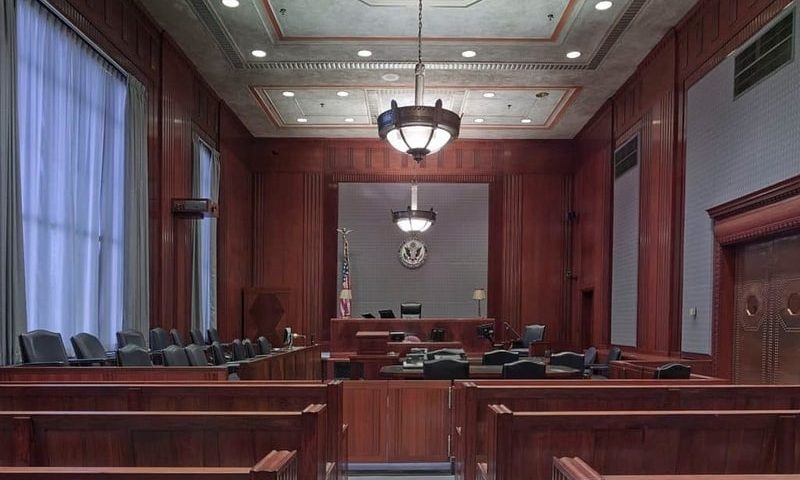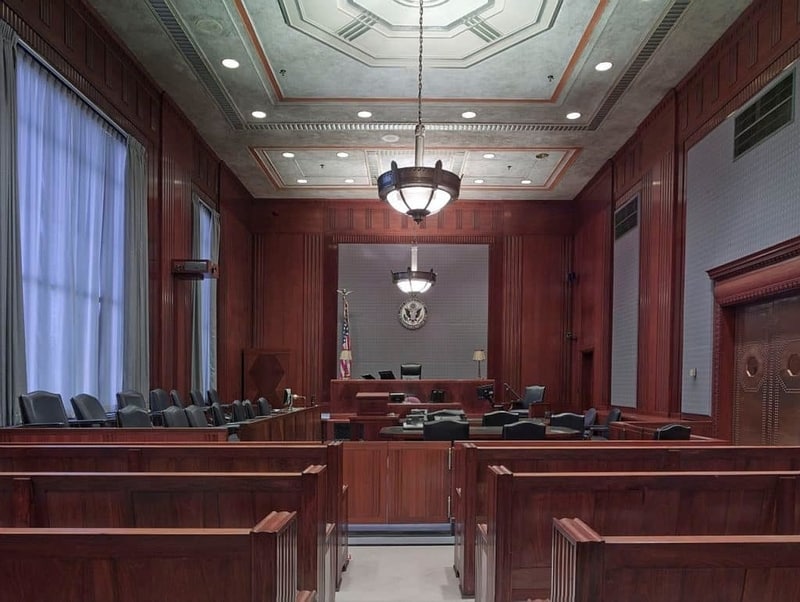
What Happens If You Don’t Go to Jury Duty
What is Jury Duty and Why It’s Important?
The United States judicial system is built upon the foundation that every person is considered innocent until proven guilty in a court of law. Furthermore, everyone who is charged with a criminal offense has the right to a fair and impartial opportunity to be heard. In civil matters, parties have the opportunity to file lawsuits, seeking court relied, in attempts to have their dispute resolved. Therefore, an essential element of the U.S. judicial system is jury service. Without it, obtaining true justice for the people of our country would be extremely difficult.
A jury consists of individuals who are sometimes known as “the triers of fact” in a criminal or civil matter. In other words, the jurors decide who is telling the truth by choosing which facts to believe and which ones not to. Local, county, state, and federal courts utilize juries in various cases. Therefore, it is important for individuals to perform their civic duty when they are summoned to serve on a jury.
What Happens If You Miss Jury Duty?
When a person is chosen for jury duty, the court typically sends what is called a summons in the mail. The jury summons instructs the person when and where to appear for jury duty. Generally, under Arizona law a person is not sentenced to jail time, or fined, for failing to show up for jury duty the first time. However, getting out of jury duty is not as simple as not showing up when summoned.
Potential jurors who do not appear after being summoned for a term of court receive a second jury notice in the mail. Failing to appear after a second jury notice can result in penalties. A court may charge the person with contempt of court and order the person to attend jury duty on a certain date. A court may also impose a fine of up to $500 if the judge finds the person willfully failed to appear or failed to appear without a reasonable excuse.
It is also important to note that a person who is late arriving for court could be considered as missing service. The court may issue a failure to appear summons ordering the person to appear at a future date to serve as a juror.
In federal court, the penalties for skipping jury duty are more severe. A court may issue a bench warrant compelling the person to appear before the judge to explain repeated failures to comply with a jury notice. A federal judge could sentence the person to three days in jail, up to a $1,000 fine, and/or community service.
Are There Acceptable Reasons to Request Being Excused from Jury Duty?
Each person who is 18 years of age is eligible to be a juror in Arizona unless there is a legal reason why the privilege to be a juror has been revoked. However, Arizona state law provides several reasons why a person may be excused from serving on a jury. Reasons why a person may be excused from serving on a jury in Arizona may include:
- The person is 75 years of age or older;
- An individual is unable to read or understand the English language;
- Someone suffers from a serious medical condition or illness;
- Active service in the military;
- A person presents a doctor’s statement explaining why he or she is unable to serve because of a mental or physical disability;
- The person is the primary caregiver for another person, such as a small child or an ill relative;
- Financial hardship, such as being unable to pay for daily living expenses if forced to serve as a juror; or,
- The person is outside of the court’s jurisdiction.
If a person cannot report on the date and time in the summons, they should not ignore the summons. Rather, they should contact the court immediately to notify the court of their situation and request to be excused from service.
How Are Individuals Chosen for the Potential Jury Pool?
Typically, a computer program is used to choose individuals for a specific term of court. However, being chosen for the jury pool does not mean that the person will be selected as a juror. Depending on the court and the type of trial, jurors may have been required to complete questionnaires before they appeared on the first day of court. In some cases, attorneys for the plaintiff and the defendant may ask additional questions of the jurors during the selection process (i.e., voire dire).
A person should not take it personally if he or she is “struck” from the jury pool. Being “struck” means that one of the parties to the case have a valid basis to eliminate the possibility of a potential juror from sitting as a selected juror in the case. Attorneys (or an unrepresented party) could have many reasons for striking a potential juror. For example, if the case involves a drunk driver, the attorney for the driver may not want individuals who are past members of law enforcement or have a family member who was injured in a drunk driving accident on the jury. Selecting a jury is often referred to as a “science,” and it is nearly impossible to figure out why a party to a case may or may not find a juror acceptable.
When a person is selected as a juror, the sequence of events depends on the type of trial, the judge, the parties, and many other circumstances. A trial could last a single day or a few weeks. The important thing to remember is that serving as a juror is a vital part of our justice system and should always be treated with respect and a sense of civic responsibility.
Amar Esq. PLLC is a law office located in Scottsdale, Arizona.

